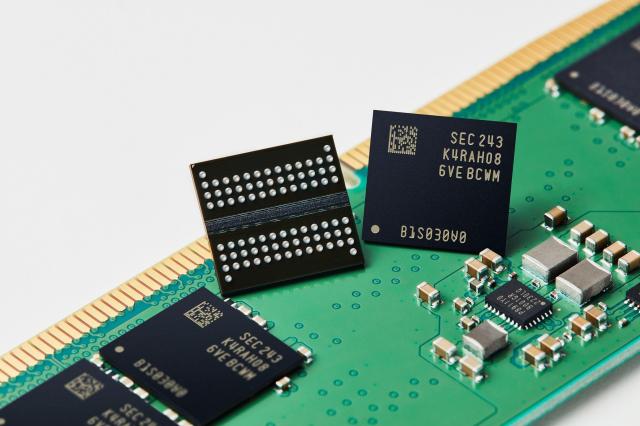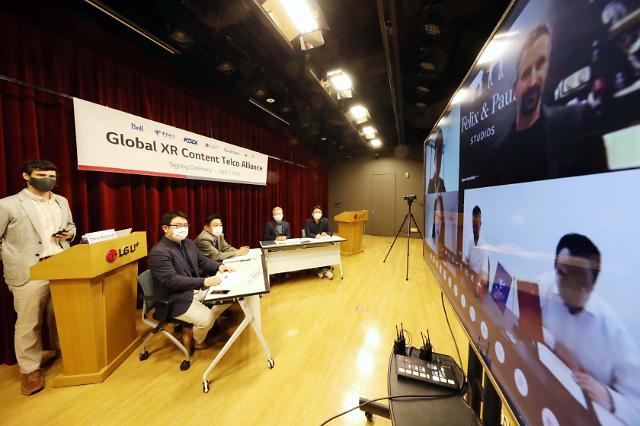
[Courtesy of Qualcomm]
SEOUL -- In a market that has crucial long-time clients such as Samsung Electronics, Qualcomm lost a legal battle aimed at nullifying a decision by South Korea's anti-trust watchdog to impose a record fine of about 1.03 trillion won ($863 million) with an order to correct unfair practices.
The Seoul High Court ruled that Qualcomm abused its dominant position in the market to restrict the use of patent rights by chip-set makers and make smartphone makers sign patent contracts. The court judged that the fine was legitimate as Qualcomm presented "unreasonable conditions" to chipset makers and unfairly restricted competition by forcing mobile phone makers to endure "disadvantageous transactions."
In December 2016, Qualcomm was slapped with a fine of 1.03 trillion won for abusing its dominant position in South Korea's mobile communications market. The Fair Trade Commission (FTC) accused the American company of breaching a competition act by refusing to offer licenses to chipset makers and demanding high fees for patents used by smartphone makers.
The watchdog insisted Qualcomm deserved a hefty fine for a "very serious" violation of anti-trust rules, dismissing Qualcomm's theory that it has followed market practices. Qualcomm has filed an appeal against FTC's "unprecedented and insupportable" decision, insisting it reflects "a flawed process and represents a violation of due process rights owed American companies" under a free trade accord between Seoul and Washington.
At that time, Qualcomm's executive vice president and general counsel, Don Rosenberg, accused the watchdog of disregarding the market's "economic realities" and of misapplying "fundamental tenets" of the competition law.
Qualcomm has a standard-essential patent (SEP) for mobile telecommunication that is vital for the production of mobile phones. The FTC said that Qualcomm restricted the use of actual patent rights in contracts with chip-set companies, did not provide chipsets to phone makers when they refused to comply with its license policy or shared their patent rights for free.




